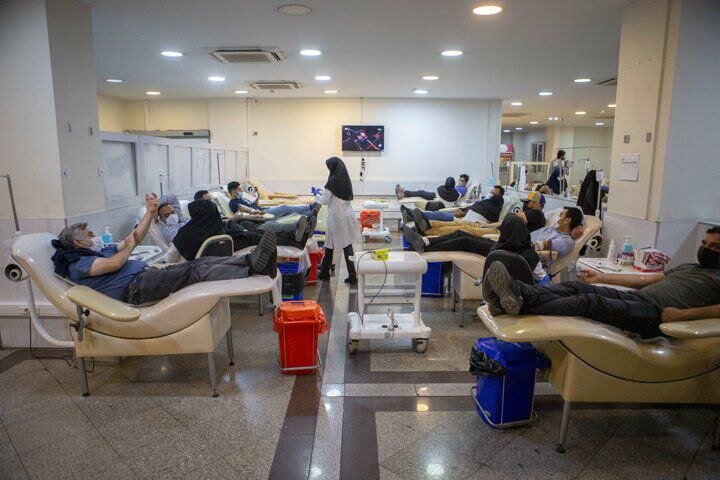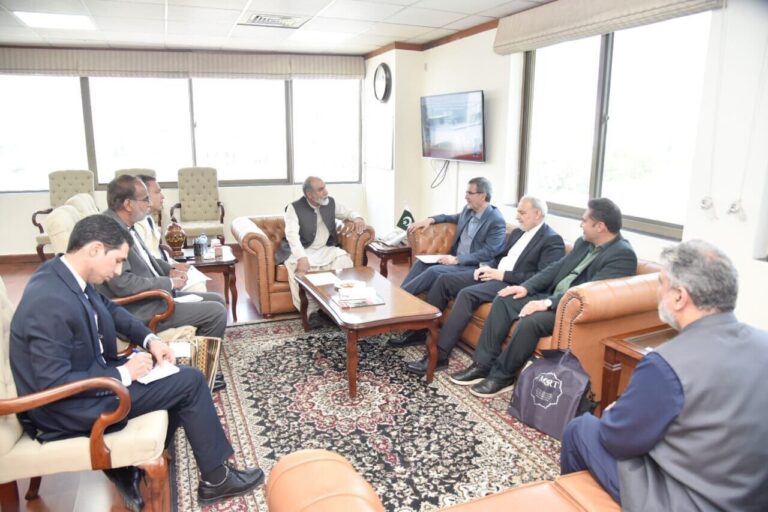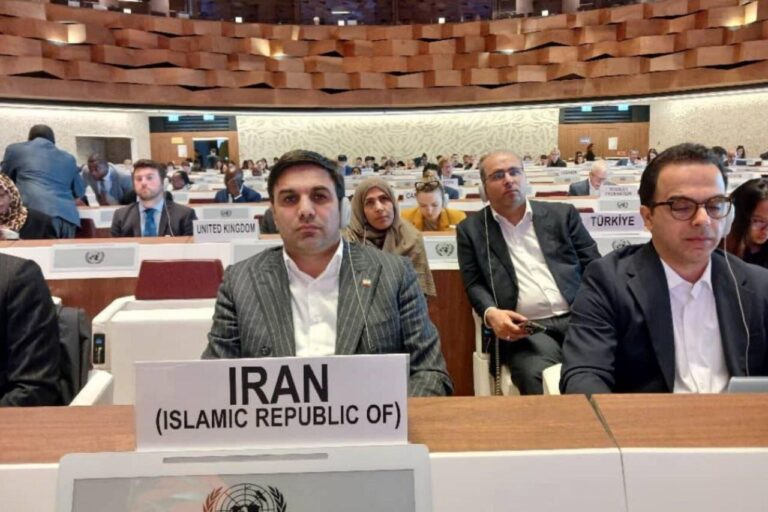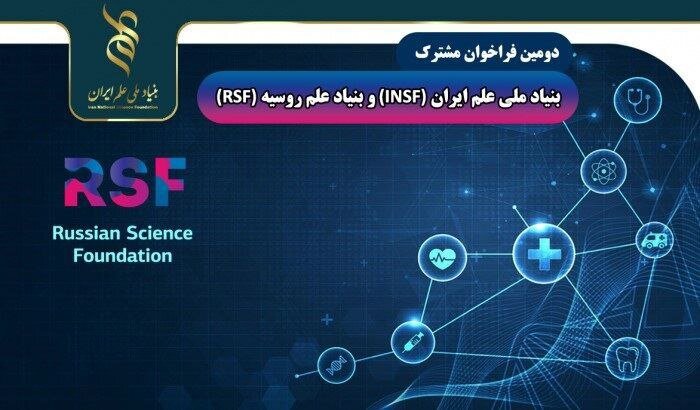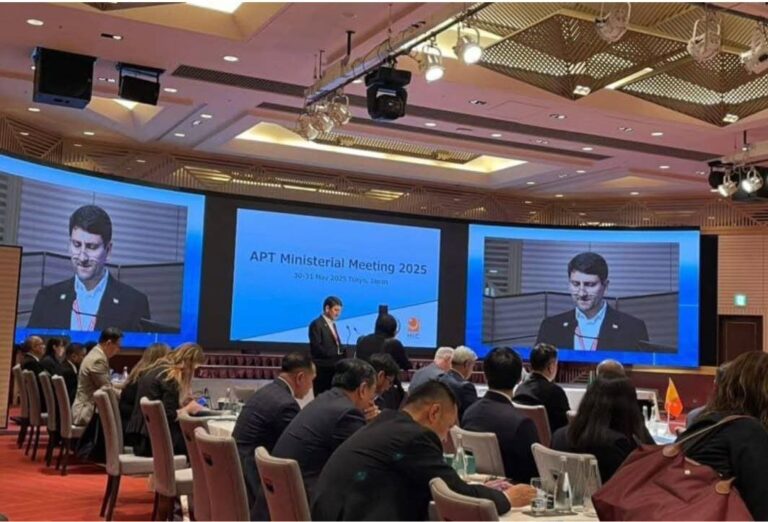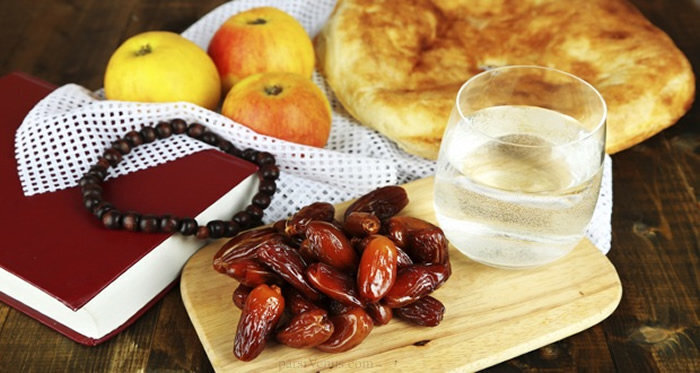Blood Donations Surge 1.5% Year-Over-Year: A Heartwarming Trend in Community Giving!
In a significant health milestone, 2.36 million Iranians donated blood during the past Iranian calendar year (March 2024-March 2025), marking a notable increase of 1.5 percent from the previous year. This rise in blood donations showcases the commitment of the Iranian population to supporting healthcare initiatives and emphasizes the importance of community involvement in health matters.
According to a report by IRIB, the provinces of Tehran, Fars, Khorasan Razavi, Isfahan, Mazandaran, and Khuzestan made the largest contributions to the blood donation efforts. The data reveals that over the past Iranian year, approximately four million blood units, including various blood products, were successfully transferred to medical centers across the country, as stated by Bashir Haji-Beigi, the spokesperson for the Blood Transfusion Organization.
Interestingly, the demographics of blood donors indicate that men accounted for 95 percent of the total donations, while women contributed only five percent. Among women, those from Lorestan, North Khorasan, and Sistan-Baluchestan provinces demonstrated the highest participation levels.
Highlighting the trends in blood types, the official pointed out that there is a crucial need for negative blood types, noting that a staggering 90 percent of the donations came from positive blood types. This observation underscores the importance of targeted campaigns to encourage donations from individuals with rarer blood types, which are essential for medical treatments.
WHO Highlights Iran’s Blood Donation Efforts
Jaffar Hussain, the World Health Organization (WHO) Representative to Iran, has spotlighted the country’s potential to be a model for other nations regarding blood transfusion and rare blood management. During the observance of National Rare Blood Day on January 22, Hussain expressed his admiration for Iran’s unwavering commitment to ensuring equitable healthcare access.
He emphasized that the country’s healthcare system strives to ensure that no individual is left behind, highlighting the importance of inclusivity, regardless of blood type. This commitment reflects a broader global initiative to improve health outcomes for all populations.
In a press release dated January 27, the WHO representative commended the Iranian Blood Transfusion Organization (IBTO) for its leadership in blood safety and transfusion services. He noted their remarkable achievement in establishing a 100 percent voluntary, non-remunerated blood donation system, which aligns with the principles of universal health coverage.
Hussain also extended his gratitude to the numerous blood donors, whose selfless contributions serve as an inspiration to everyone within the community. Their altruism plays a pivotal role in saving lives and providing essential medical support to those in need.
Key Points from the Blood Donation Report
- Total Blood Donors: 2.36 million Iranians donated blood.
- Annual Increase: Blood donations increased by 1.5 percent compared to the previous year.
- Leading Provinces: Tehran, Fars, Khorasan Razavi, Isfahan, Mazandaran, and Khuzestan made the most significant contributions.
- Blood Units Transferred: Approximately four million blood units were distributed to medical centers.
- Demographics: Men constituted 95 percent of donors, while women made up 5 percent.
- Rare Blood Type Needs: 90 percent of donors had positive blood types, highlighting the need for more negative blood donations.
This report not only showcases the impressive statistics surrounding blood donation in Iran but also emphasizes the collaborative efforts of various stakeholders in the healthcare sector. By fostering a culture of giving and awareness, Iran sets a benchmark for other nations to follow, promoting both health equity and the importance of community engagement in healthcare.
Through initiatives like these, the Iranian healthcare system continues to improve, ensuring that all citizens have access to the medical resources they need, ultimately enhancing public health on a national scale.
As blood donation remains a critical need, ongoing efforts to encourage participation from all demographics will be vital in maintaining a robust and responsive healthcare system. The selfless acts of blood donors save lives and highlight the communal spirit that drives health initiatives in Iran.
